Best Timing for Wood Stairs Repairs
Timing for wood stairs repairs depends on factors such as seasonal weather conditions, indoor climate stability, and the presence of damage. Typically, the optimal time is when environmental conditions are stable to prevent further deterioration or warping of the wood. Repairing during dry, moderate weather minimizes the risk of moisture-related issues and ensures better adhesion of finishes and adhesives.
Spring and early fall are ideal for repairs due to moderate humidity and temperatures, reducing the risk of wood expansion or contraction during the process.
Perform repairs when indoor humidity and temperature are stable, typically in controlled environments, to prevent additional wood movement.
Immediate repairs are recommended for structural issues or severe damage to prevent further deterioration and ensure safety.
Scheduling repairs during periods of low occupancy can minimize disruption and allow for thorough work.
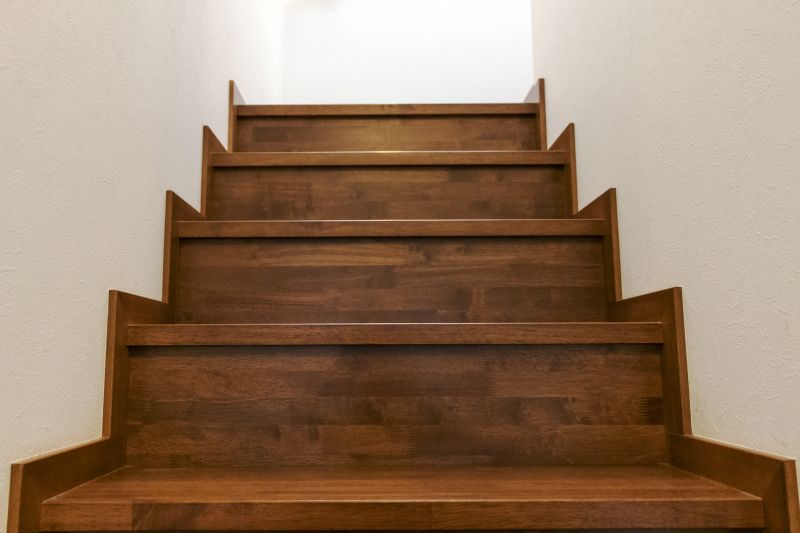
Spring offers moderate weather, ideal for repairs and refinishing projects.
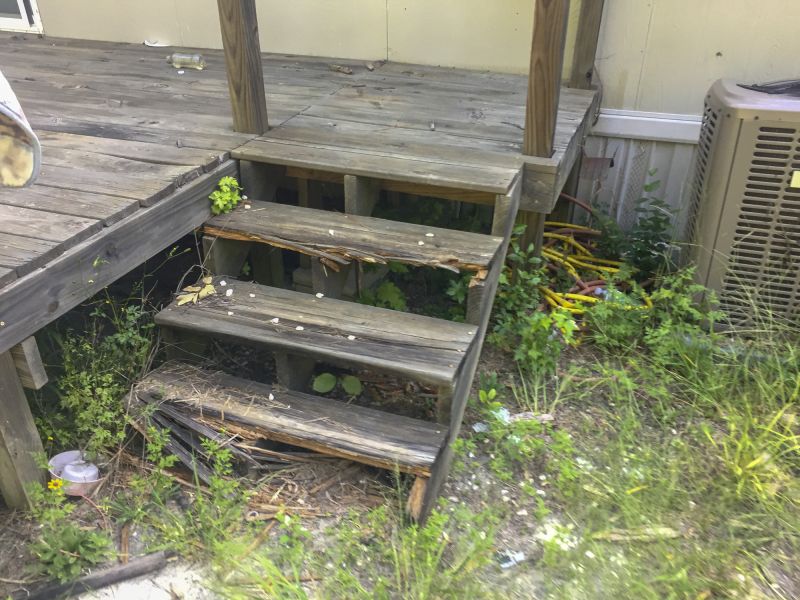
Indoor repairs benefit from climate-controlled environments, ensuring optimal results.
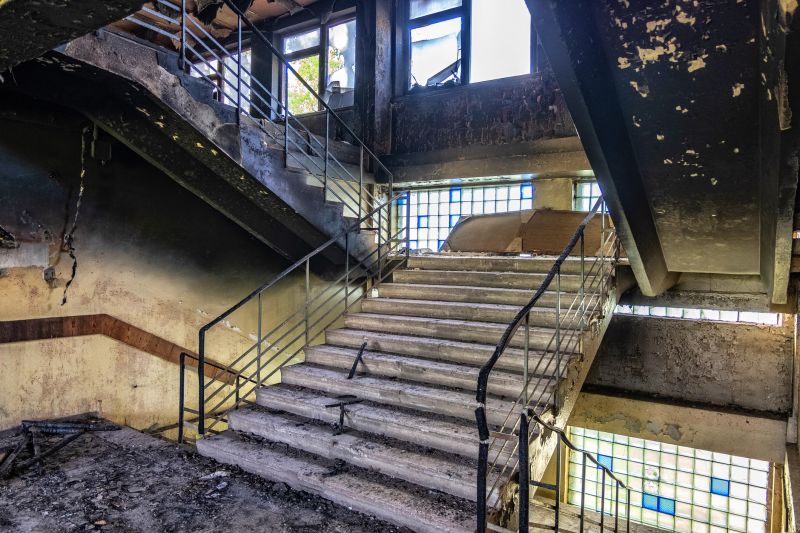
Addressing damage promptly prevents further issues and maintains safety.
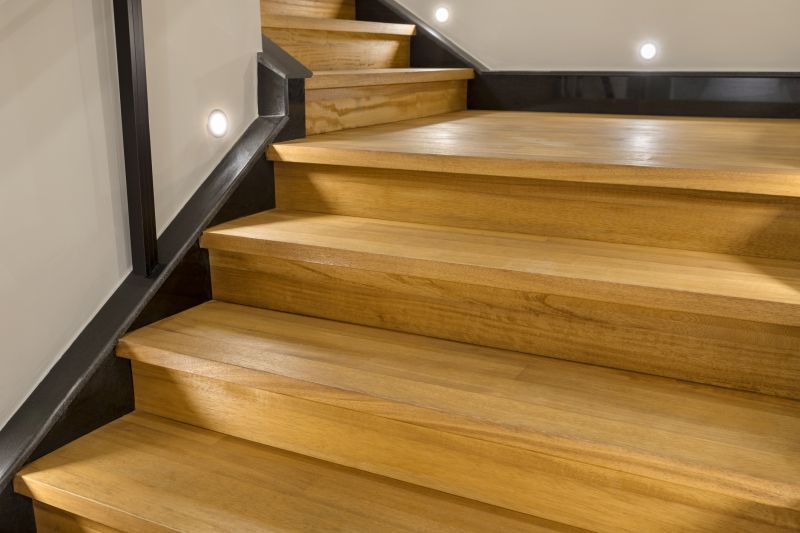
Ways to make Wood Stairs Repairs work in tight or awkward layouts.
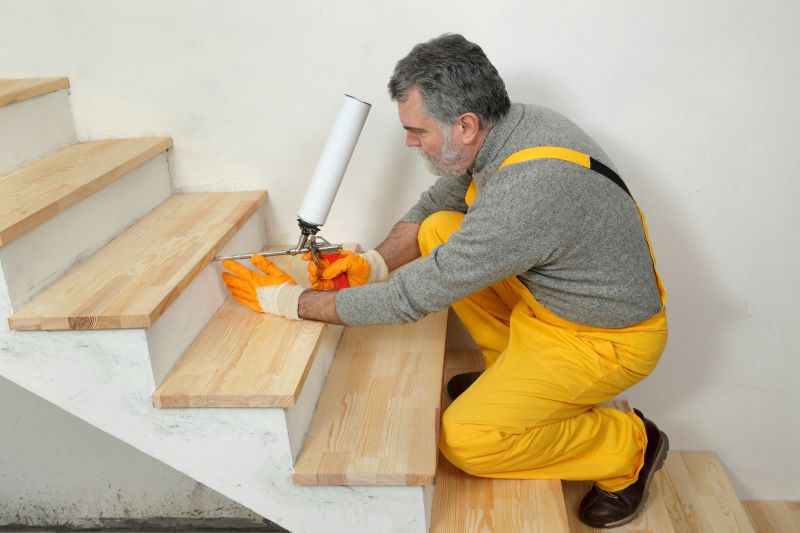
Popular materials for Wood Stairs Repairs and why they hold up over time.
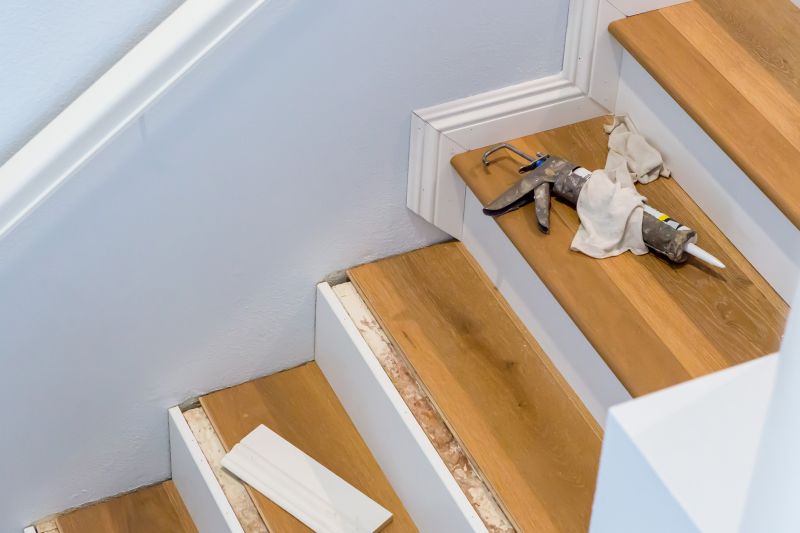
Simple add-ons that improve Wood Stairs Repairs without blowing the budget.
| Timing Factors | Recommended Conditions |
|---|---|
| Season | Spring or early fall with moderate temperatures |
| Indoor Climate | Stable humidity and temperature levels |
| Damage Severity | Immediate repairs for severe issues |
| Weather Conditions | Avoid high humidity, rain, or cold |
| Occupancy | Low occupancy periods for minimal disruption |
Wood stairs repairs encompass a range of services, including replacing damaged treads, reinforcing stringers, and refinishing surfaces. Proper timing enhances the longevity of repairs by reducing exposure to adverse conditions that can accelerate deterioration. Statistics indicate that timely repairs can extend the lifespan of wooden stairs by several years and prevent costly structural failures.
Understanding the optimal timing for repairs can lead to better outcomes and more durable results. Seasonal changes influence wood behavior, with moisture being a critical factor. Repairing during periods of low humidity helps ensure that adhesives and finishes cure properly, resulting in a stronger, more resilient staircase.
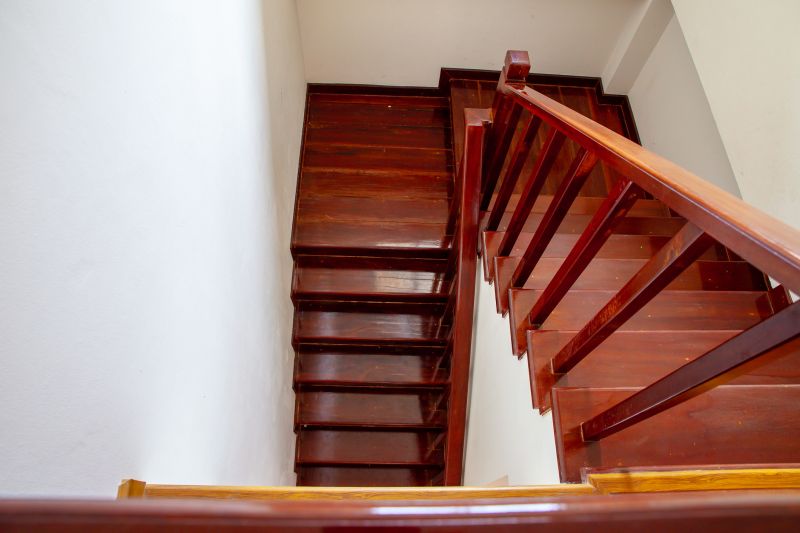
Detailed repair work includes assessment, material selection, and finishing.
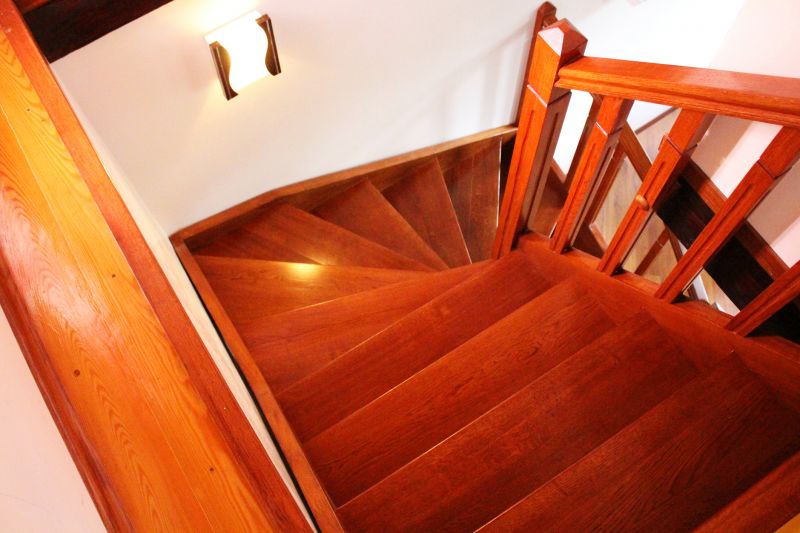
Refinishing enhances appearance and protects wood from future damage.
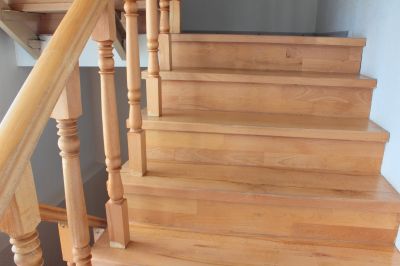
Reinforcing damaged stringers and treads ensures safety and stability.
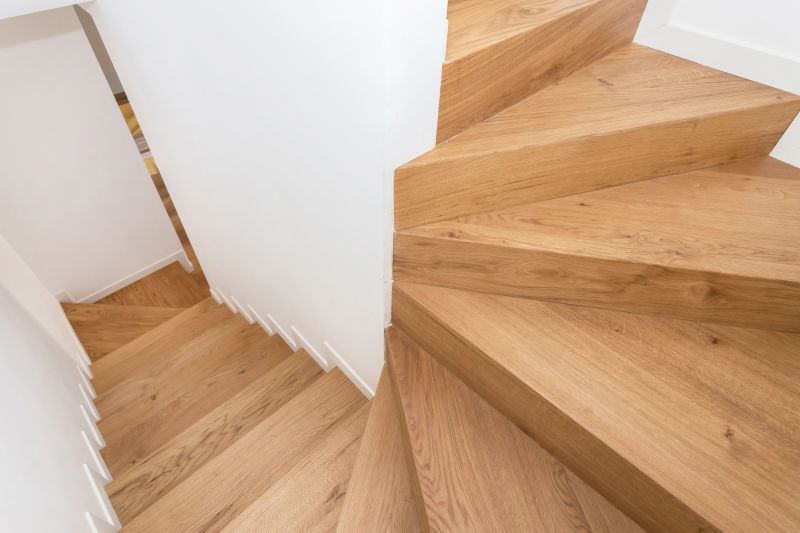
High-end options that actually feel worth it for Wood Stairs Repairs.
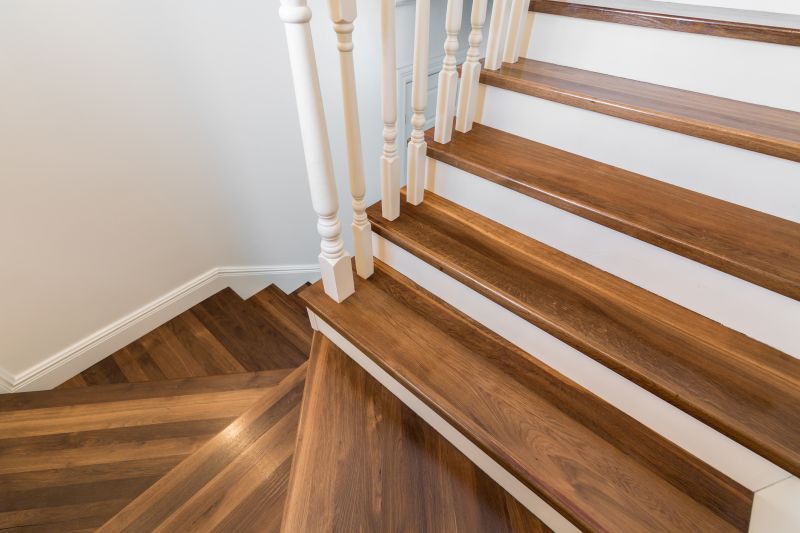
Finishes and colors that play nicely with Wood Stairs Repairs.
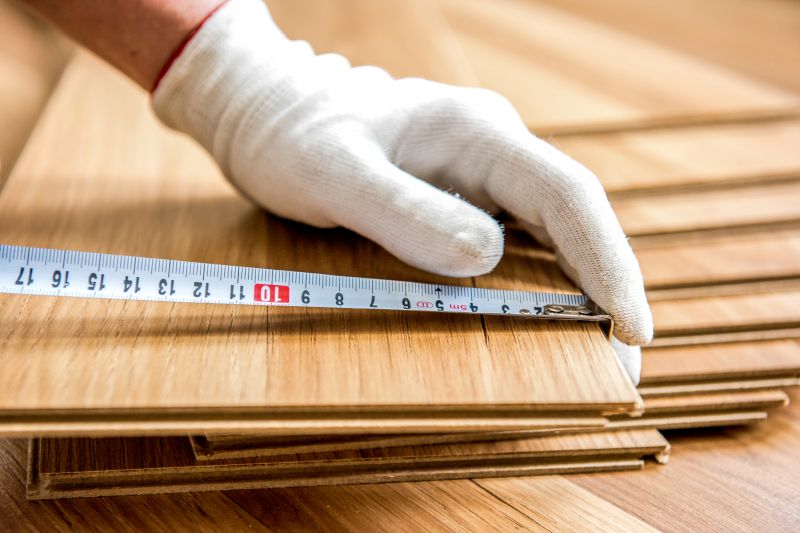
Little measurements that prevent headaches on Wood Stairs Repairs day.
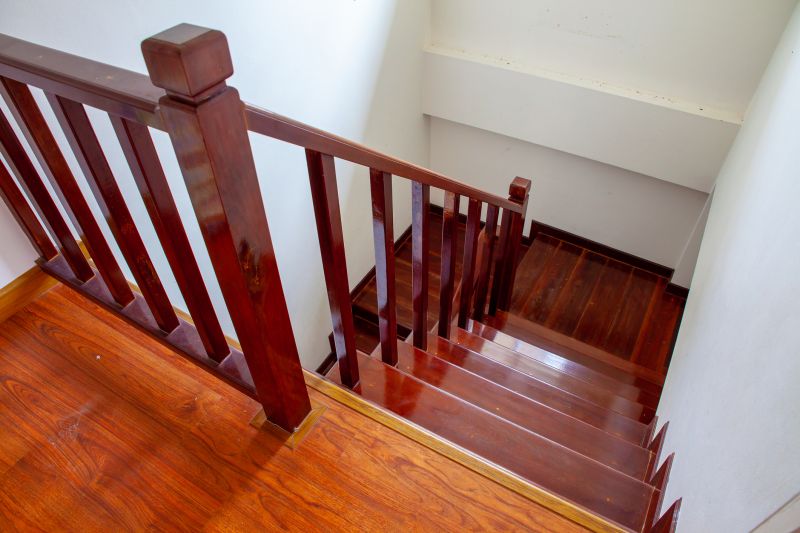
A 60-second routine that keeps Wood Stairs Repairs looking new.
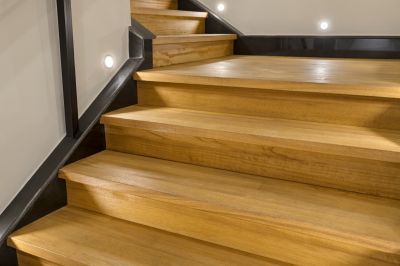
A frequent mistake in Wood Stairs Repairs and how to dodge it.

Small tweaks to make Wood Stairs Repairs safer and easier to use.
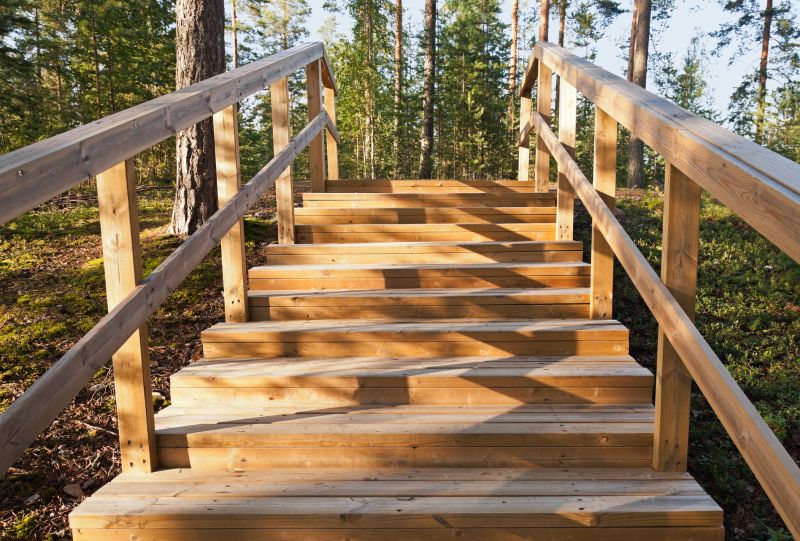
Lower-waste or water-saving choices for Wood Stairs Repairs.
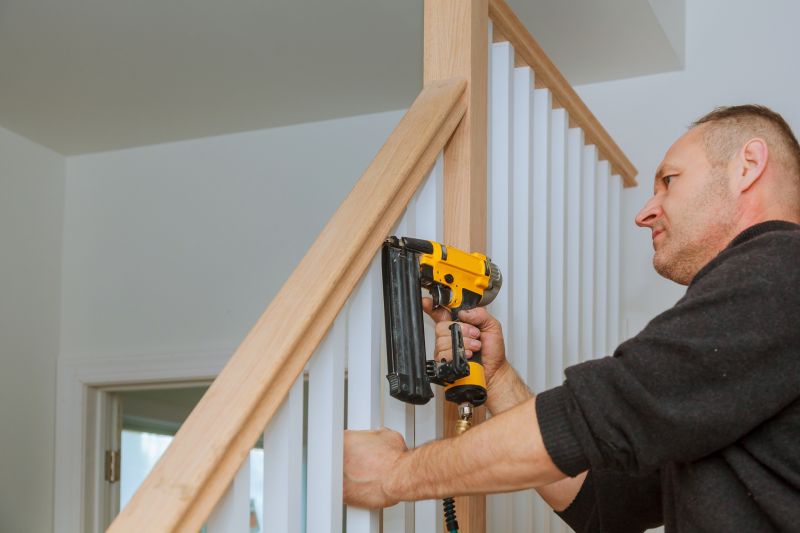
The short, realistic tool list for quality Wood Stairs Repairs.
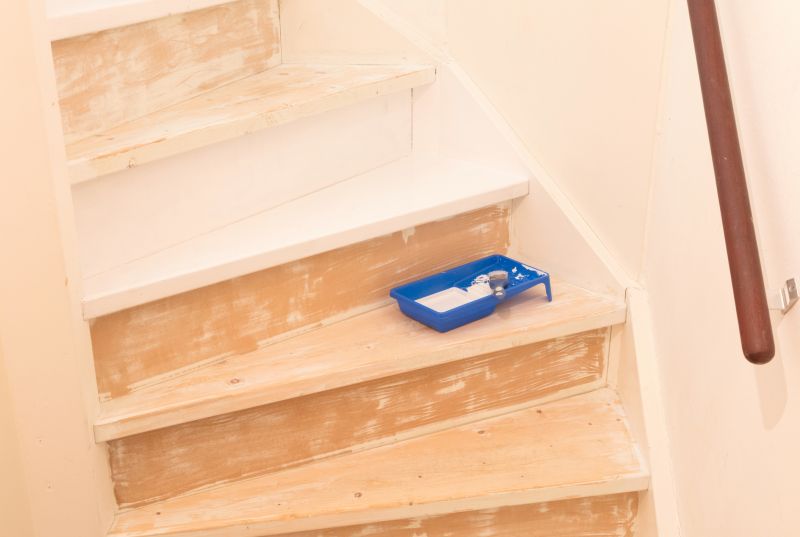
Rough timing from prep to clean-up for Wood Stairs Repairs.
Individuals interested in wood stairs repairs are encouraged to contact for more information. Proper timing, combined with professional assessment, ensures that repairs are effective, durable, and maintain the safety and aesthetic appeal of the staircase.
